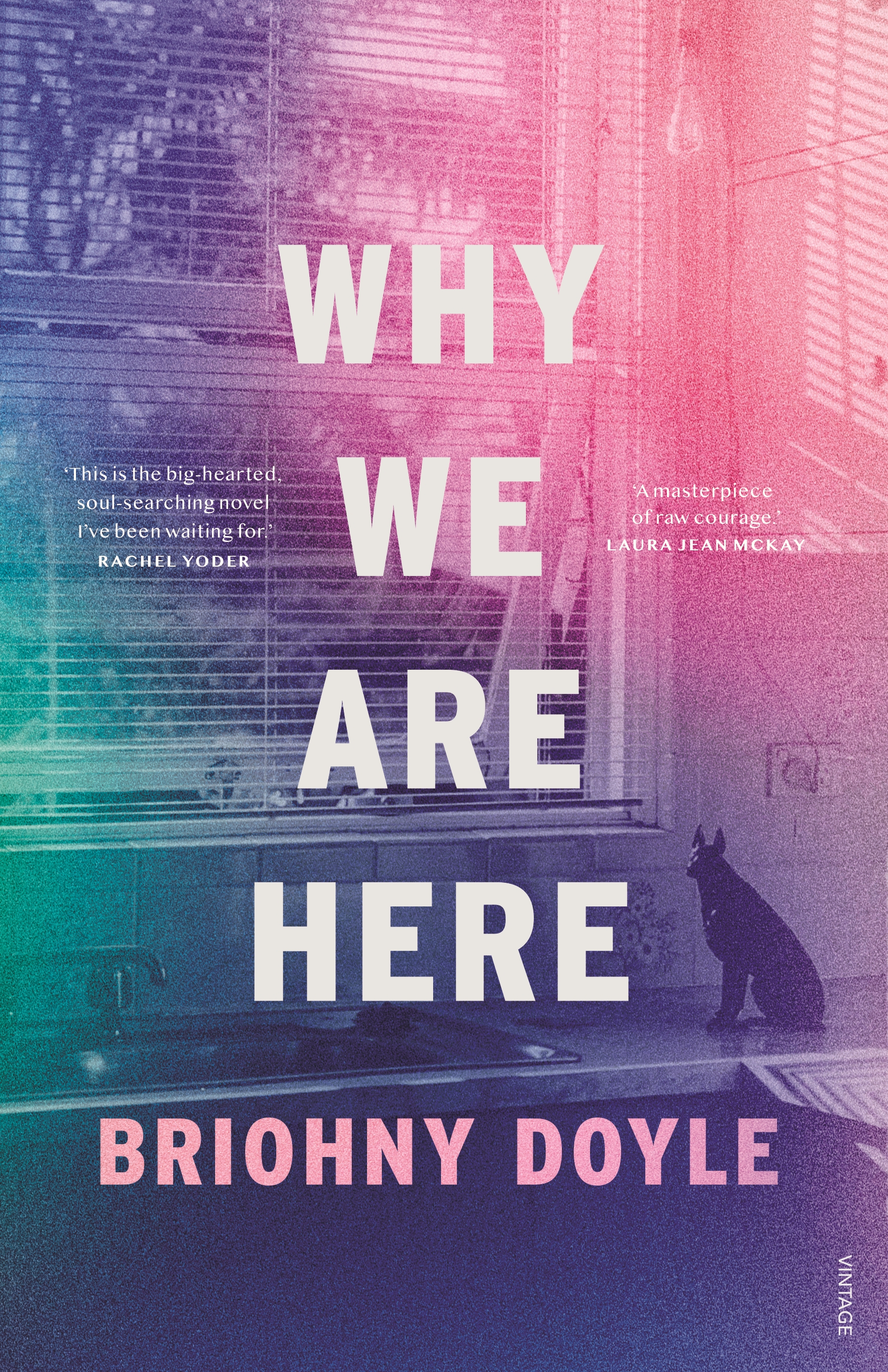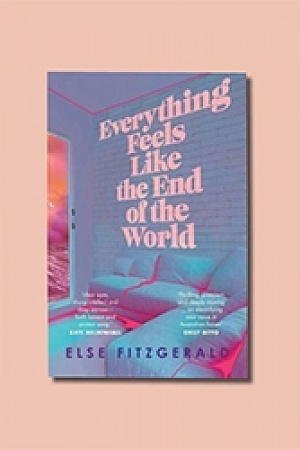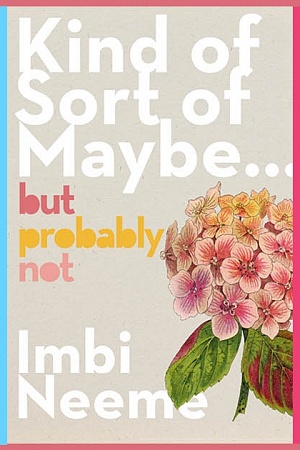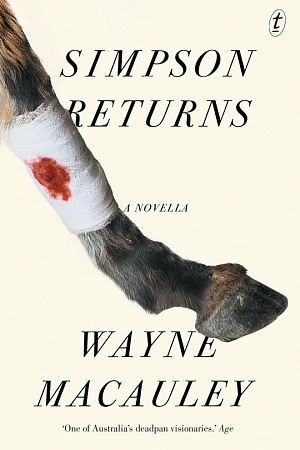Why We Are Here
Vintage, $32.99 pb, 288 pp
The art of losing
Briohny Doyle’s third novel, Why We Are Here, threads together just about every literary, philosophical, and pop culture perspective on death and aftermath there is. But nothing represents the heart of the book better than its exploration of both/and thinking. Embraced by the fields of business, psychology, and beyond, both/and thinking is a method of overcoming paradoxes, not by solving them but by honouring how two apparently contradictory truths can co-exist. There’s no explaining the singular effect of this book without it.
For starters, Why We Are Here both fits neatly within Doyle’s body of work and is a radical departure from it. Devastated by the deaths of her partner and father in quick succession, BB moves into a soon-to-be condemned beachside apartment on the outskirts of the city, seeking space to be ‘a Thoreau of grief’. A season of relative peace passes as she reconnects with nature and finds purpose as an under-qualified but deeply committed dog-whisperer. But when the area goes into Covid-19 lockdown, personal mourning becomes inseparable from public disaster, leading BB to wonder, ‘What is aftermath in the midst of crisis?’ This is a perfect encapsulation of the question Doyle has been asking all along.
In her début, The Island Will Sink (2013), privileged characters in a climate-ravaged world immerse themselves in haptic disaster films, seeking catharsis while the real apocalypse creeps up on them like a rising tide. The Miles Franklin-longlisted Echolalia (2021) was a deceptively simpler narrative of a mother losing control against the backdrop of a rapidly drying lake. Yet that novel’s structure – jumping back and forth through time to delay a pivotal moment of violence until the last – muddies the binary of crisis and aftermath, and suggests the roots of individual, social, and ecological disaster are too intertwined to ever expect a tidy recovery.
Continue reading for only $10 per month. Subscribe and gain full access to Australian Book Review. Already a subscriber? Sign in. If you need assistance, feel free to contact us.
















Leave a comment
If you are an ABR subscriber, you will need to sign in to post a comment.
If you have forgotten your sign in details, or if you receive an error message when trying to submit your comment, please email your comment (and the name of the article to which it relates) to ABR Comments. We will review your comment and, subject to approval, we will post it under your name.
Please note that all comments must be approved by ABR and comply with our Terms & Conditions.